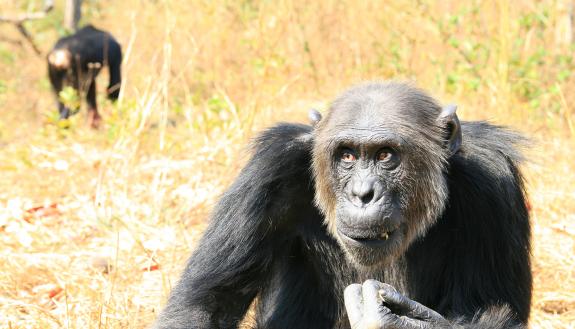
Evolutionary Anthropology

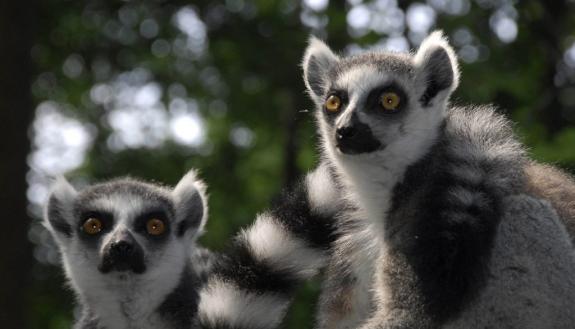
June 23, 2016
Dogs are a wonderful source of comfort after a tragedy — here's why
Read on Business Insider UK
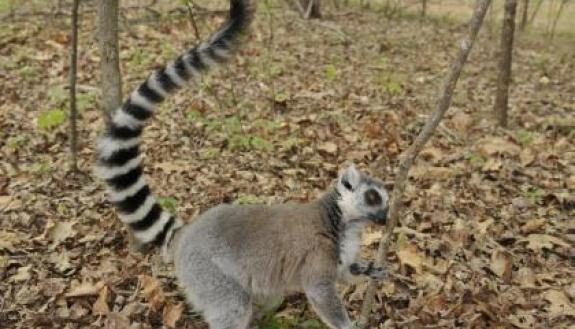
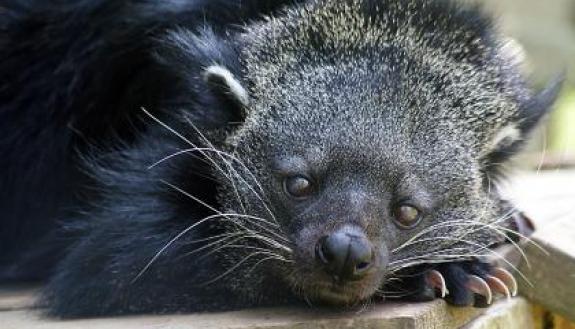
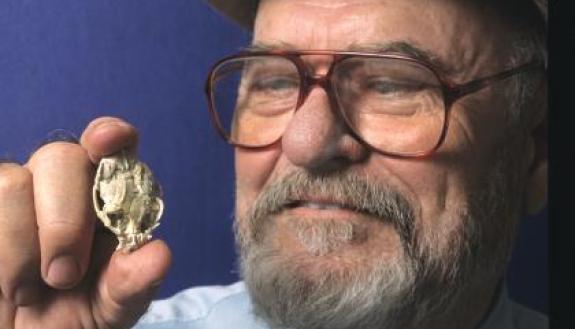
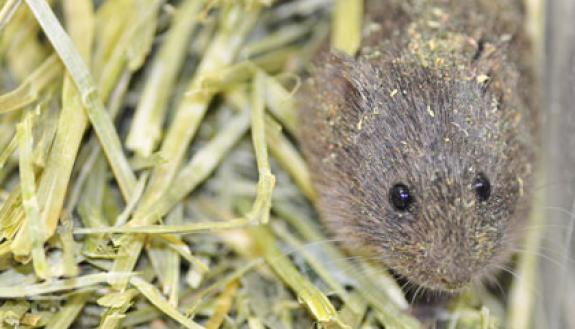
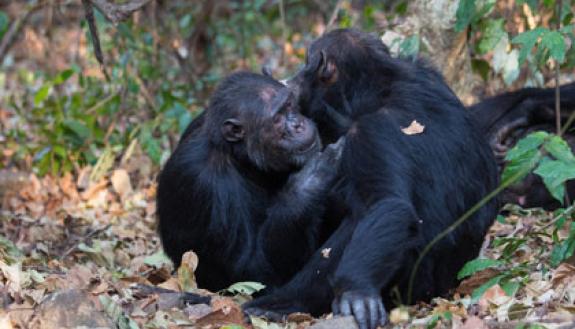
January 12, 2016
Brian Hare comments: Bullied by classmates, this Georgia teen can now bring her service dog ‘Carson’ to school to cope
Read on The Washington Post